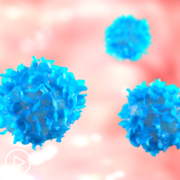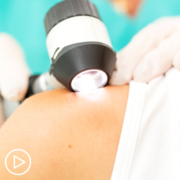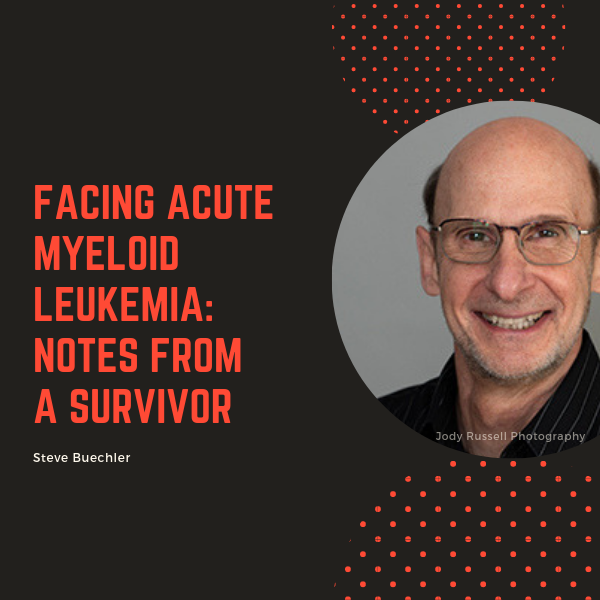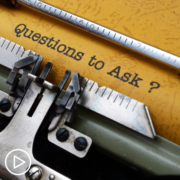Is the COVID Vaccine Safe and Effective for Waldenström Macroglobulinemia (WM) Patients?
Is the COVID Vaccine Safe and Effective for Waldenström Macroglobulinemia (WM) Patients? from Patient Empowerment Network on Vimeo.
Dr. Shayna Sarosiek of Dana-Farber Cancer Institute discusses the safety and efficacy of the COVID-19 vaccine for Waldenström macroglobulinemia (WM) patients.
Dr. Shayna Sarosiek is a hematologist and oncologist at the Dana-Farber Cancer Institute where she cares for Waldenström macroglobulinemia (WM) patients at the Bing Center for Waldenstrom’s. Dr. Sarsosiek is also Assistant Professor of Medicine at Harvard Medical School. Learn more about Dr. Sarosiek, here.
See More From The Pro-Active Waldenström Macroglobulinemia Patient Toolkit
Related Programs:
Transcript:
Katherine:
This is a question on many people’s minds these days. Is the COVID vaccine safe and effective for people with Waldenstrom’s macroglobulinemia?
Dr. Sarosiek:
So, in general, we highly recommend the COVID vaccines for our patients with Waldenstrom’s. We think it’s very helpful; it’s usually very safe for patients. But the one caveat is that it’s sometimes not as effective for patients with Waldenstrom’s as it is for patients who are otherwise healthy. There are a lot of data coming out that the antibodies or the part of the immune system is not responding as well in patients with Waldenstrom’s as in other healthy patients.
And so, Waldenstrom’s patients often need to get more doses of vaccines to get the same effectiveness as healthy patients might. And so, it’s really important to follow up with your provider to really get a good idea of how many doses you can have or should have. And the other really important part of that is making sure that those are time appropriately with your therapy. Because we know that the effectiveness of the vaccine is really related any recent therapies that patients might have had.
So, making sure that’s an open conversation with your physician about if it’s the right time to get your next vaccine. And if its’ not the time for the vaccine or if the vaccine is not going to be effective for you, there are potential other options such as Evusheld, which is an antibody against COVID that can offer similar efficacy as a vaccine might in terms of giving you antibodies if your own body can’t make them.
Katherine:
And when you refer to COVID vaccine doses, are you including the boosters? That people should be getting?
Dr. Sarosiek:
Yeah. So, initially patients should have a core series of vaccines essentially. So, in most people – in healthy people – that’s generally two doses are considered the core before you start boosters. In patients with Waldenstrom’s or patients who are immunosuppressed, that initial core series is three vaccines. And then the ones after that would be considered the booster vaccines.













